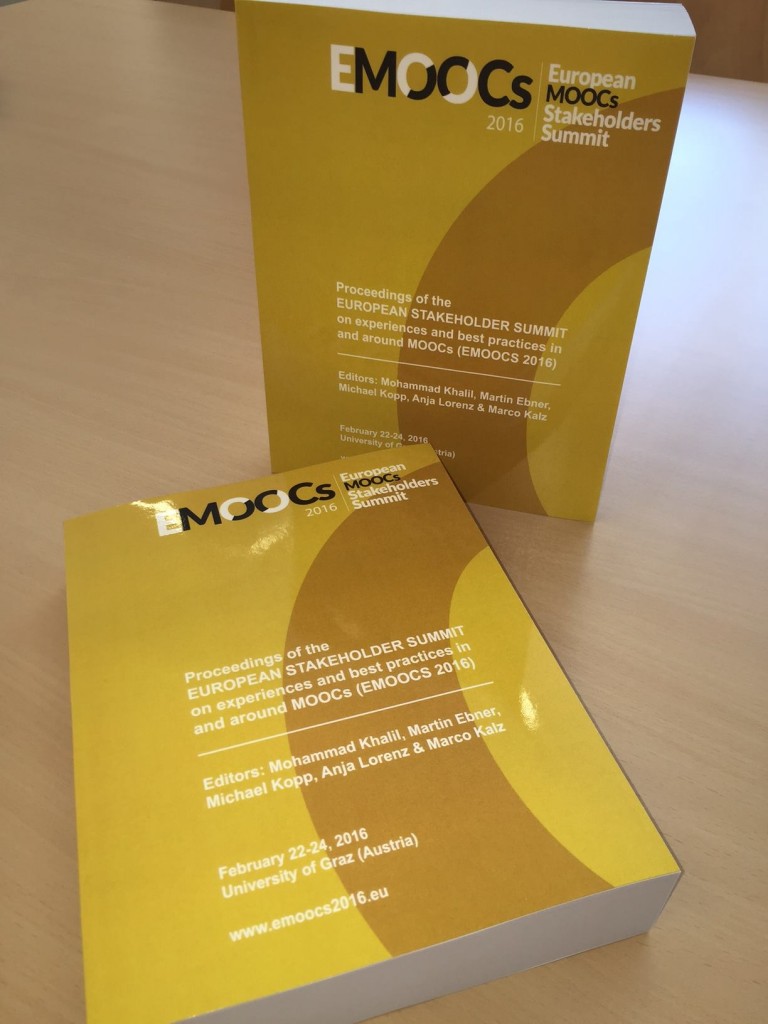At this year’s EDMedia conference in Brussels we published a paper titled „Digital Learning during COVID-19. A Systematic Review and Meta-Analysis of Distance Learning at Universities in Austria„.
Abstract:
The COVID-19 pandemic has greatly affected universities in Austria, leading to a rapid shift to distance learning. This study analyzed 59 surveys conducted between March 2020 and October 2021. The quality of distance learning varies among universities and lecturers. Effective communication and access to information along with an appropriate workload for online teaching are key aspects. Adequate examination dates, seats, and time to complete courses are necessary. Students appreciated video recordings and some examination formats but preferred face-to-face exams in the future. This shows that online teaching is useful as a complement but not in itself. Using blended and hybrid learning methods can preserve the identified advantages.
[article @ conference homepage]
[article @ researchgate]
Reference: Brünner, B., Findenig, K. & Ebner, M.(2024). Digital Learning during COVID-19. A Systematic Review and Meta-Analysis of Distance Learning at Universities in Austria. In T. Bastiaens (Ed.), Proceedings of EdMedia + Innovate Learning (pp. 980-988). Brussels, Belgium: Association for the Advancement of Computing in Education (AACE). https://learntechlib.org/primary/p/224617/

